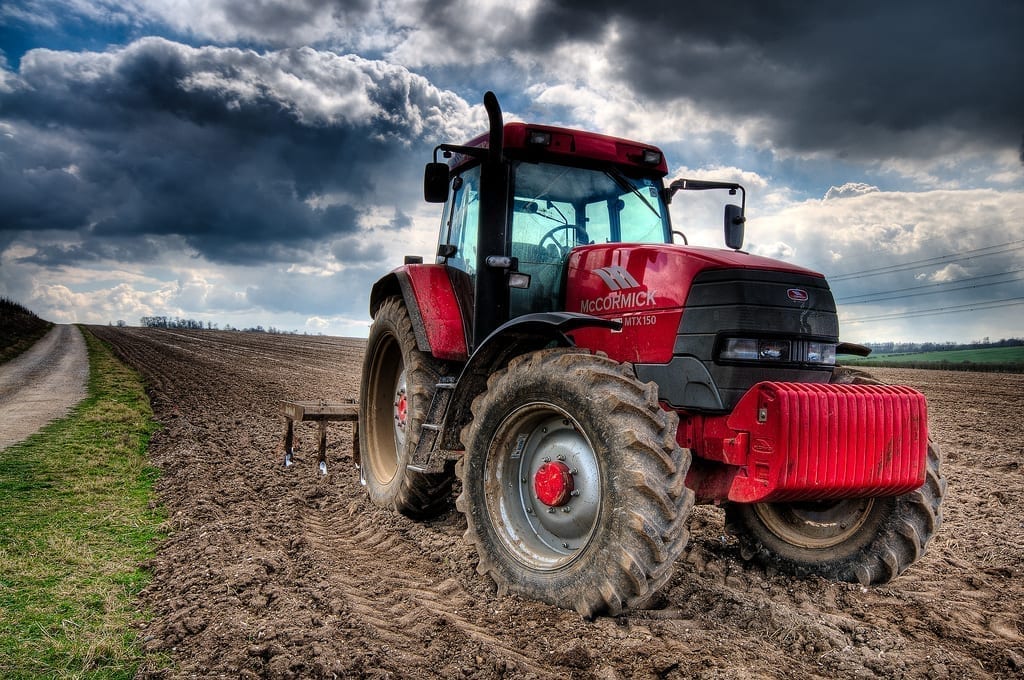In the United States, farmer suicides have surpassed even those of military veterans. Some changes, big and small, could help them – and us.
Farmer suicides have been a matter of international concern for some time, but in recent years most of those reports have come out of India. Unfortunately, some of the same problems making farmer suicides such a big issue in Asia are starting to occur more often in the United States.
According to the Indian Express, 80% of the subcontinent’s farmer suicides in 2015 occurred because of debt. Farmers took out loans from banks or microfinance institutions and were unable to pay them back. Farming is risky business even in the best of times, but droughts brought on by climate change are making the problem worse. Lacking sufficient capital, farmers often depend on good harvests to repay debt incurred during planting season, but when harvests are increasingly uncertain in a changing climate, farmers are squeezed from both sides. It becomes a downward spiral.
The problems facing Indian farmers are not unique. Farmer suicides are on the rise around the world. In the U.S., crop insurance is common and can prevent some of the repayment problems facing uninsured farmers in developing countries (at least for now), but it’s also more expensive to farm and the high cost of chemical inputs and machinery add to the stress. American farmers are also more socially isolated than their international peers, with considerable social stigma attached to seeking mental health services, fewer public funds devoted to making such help accessible, and farmers are more likely to own guns. All of this adds to to a suicide rate among agricultural workers that surpasses that of military veterans.
Farmers are also growing older and aren’t being replaced at the same rate as they retire or expire. For any society that wants to keep eating, it’s crucial to find a way to fix the problems facing our farmers.
Fortunately, there are some bold ideas that could help.
A huge problem driving farmer suicides as well as keeping young people out of the field is the cost of doing business. Ever since President Nixon’s USDA Secretary Earl Butz told farmers to “get big or get out,” massive acreage and expensive machinery have been the order of the day. Perhaps this system, which also contributes to soil erosion, climate change, and commodity prices that likely require subsidies to meet the cost of production, is passing its natural expiration date. Yet farmers are often cited as the reason to repeal the estate tax. In theory, having to pay the estate tax makes it harder to pass the family farm on to the kids in one piece. While that assertion doesn’t hold up in reality, breaking up huge farm operations isn’t really such a bad idea.
Why? Because smaller, more diverse farms are better – for production, for the environment, for reducing poverty, and for many farmers themselves. Young people aren’t usually able to afford huge tracts of land, but they might be able to start small. Being able to produce their own inputs (and food for their own table) cuts down on some of the costs that drive farmers to fatal desperation. Decentralizing our food system would solve so many problems. Could farmer suicides be reduced by changing “bigger is better” thinking? It’s worth a try.
The virtues of diverse small farms, posted by Richard Perkins
Even if systemic inertia proves too strong to change (until nature, of course, presents no other option), the least we could do as a country is fund the mental health resources that our government already promised farmers. Part of the 2008 Farm Bill, the Farm and Ranch Stress Assistance Network (FRSAN) was based on a successful program out of Wisconsin that provided affordable mental health services to the agricultural community. Backed by then-Senator Tom Harkin (D-IA), the measure was considered important enough to become law, but not worthy enough to actually fund.
With a small increase in Millennial farmers, the old ways are slowly changing. Let’s hope they change fast enough to build a healthier system, for us, for farmers, and for the world.
The National Suicide Prevention Lifeline is 800-273-8255.
Related: John Deere Tractors, Farmers, and Soil


Join the conversation!